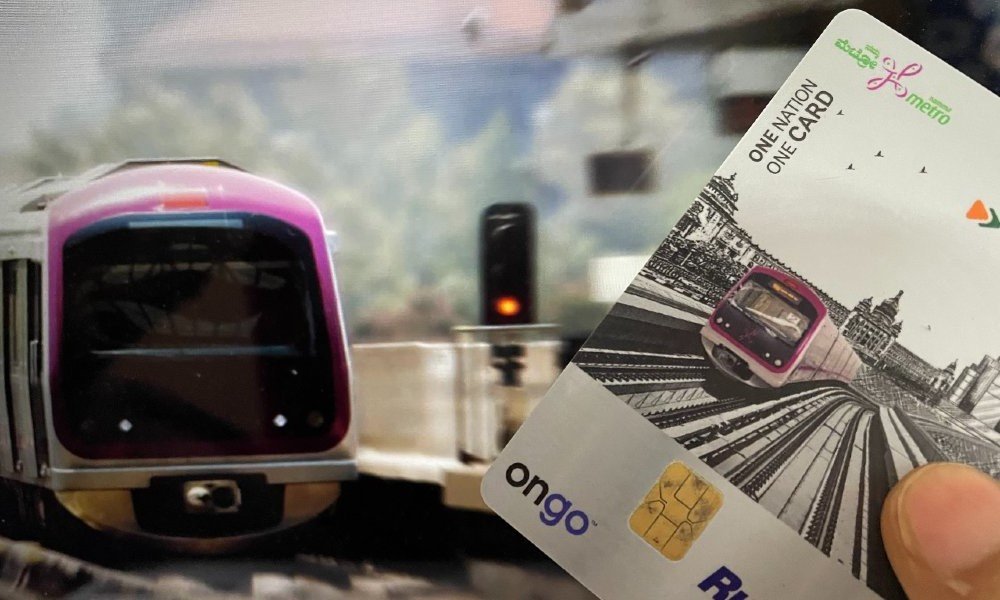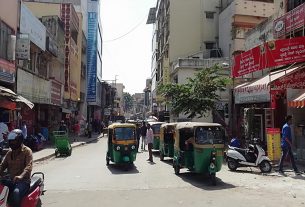Metro commuters continue to be unhappy about losing their cards. They hope the new mobility card will be better.
Commuters on the Bangalore Metro Rail Corporation Limited (BMRCL) continue to unhappy about losing money when they lose their smart cards.
Siddesh Gowda, who travels from Mysore Road to Cubbon Park everyday said, “I have lost a couple of metro cards in the past. Each time I had to buy a new one. I cannot even register a complaint because the BMRCL officials say that there is no facility to register complaints or block the card.” He added, “Whenever I ask them about my previous balance on the card, customer care personnel reply that they cannot restore my old balance.”
Nikhil, an undergraduate student of Christ University complained about having to pay for a new card.
“It is very inconvenient and very disappointing that BMRCL does not reissue lost cards. They must at least reimburse the money that the card was recharged with,” he said. He grumbled, “I already lost around Rs. 500 in my lost metro card,and now I have to pay extra for the new one.”
Srivas Rajagopalan, Assistant Executive PRO, BMRCL said that the metro card is working on the closed loop system, which is unlike debit or credit cards of banks. Closed Loop System (CLS) is the technical terminology where the card is not assigned in the name of the card holder. It is like a wallet where the cash is used in digital format, but only in certain designated places like metro Automated Fare Collection (AFC) gates.
Mr. Rajagopalan said that the metro card is not part of server. “For connecting the metro card with the server, BMRCL has to collect all the details of commuters. This is not feasible for us because we will need physical storage resources to link our database with servers of all banks, payment gateways and card issuing companies,” said Rajagopalan.
Prof. Koppal Assistant Professor at the R.V. College of Engineering said that the BMRCL would need to spend more to share their servers with banks and other financial organisations. “They would also need good security infrastructure as well for which they would have to update their backend server programs. This requires investment and expertise.” He explained that the metro card works on the principle of simple radio technology. When any commuter comes near the AFC gate, and scans the card, the Near Field Communication (NFC) sensor detects it, checks the balance in the card and opens the gate.
All of this will change when Namma Metro cards are replaced with the National Common Mobility Card (NCMC) cards. Unlike the Namma Metro Cards, the NCMC RuPay are open loop cards and will be replaceable.
Cities of Amsterdam, Berlin, Barcelona, Madrid, London and Munich also have replaceable metro cards as do Hyderabad, Nagpur, Chennai, Mumbai and Pune. However, apart from Bangalore, Kolkata, Delhi, Lucknow, and Ahmedabad do not replace lost cards or the money in them.
“BMRCL should have such provisions to transfer the amount of the lost metro cards. Commuters can even pay the fine or penalty for the replaced metro card but atleast they will get the recharge amount back,” Nikhil said.




